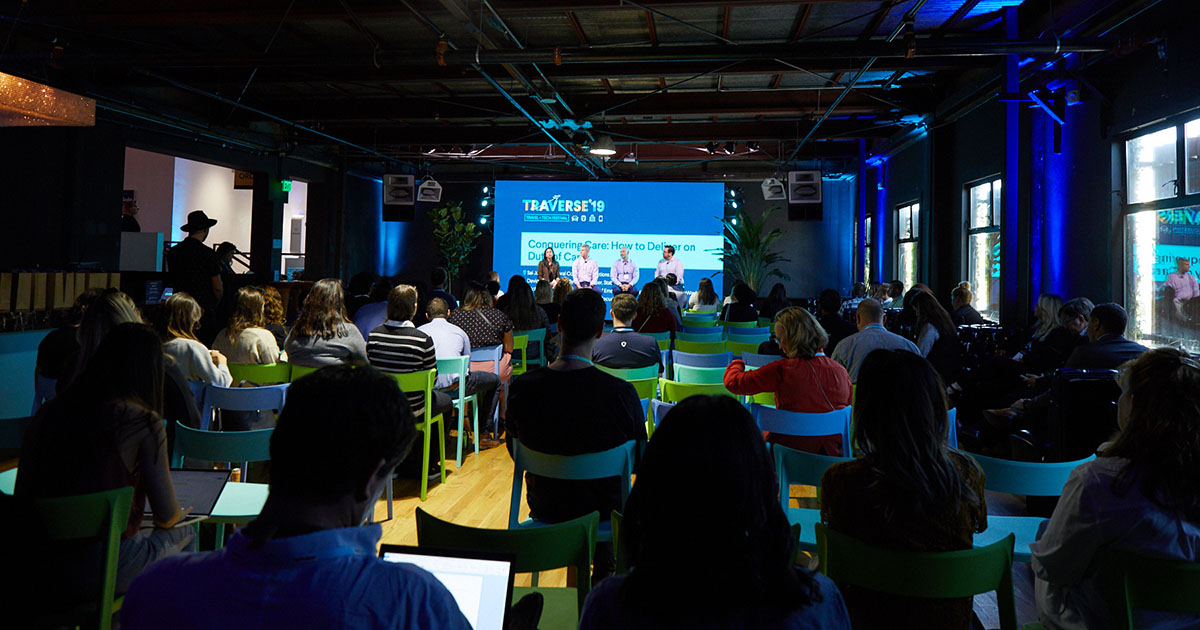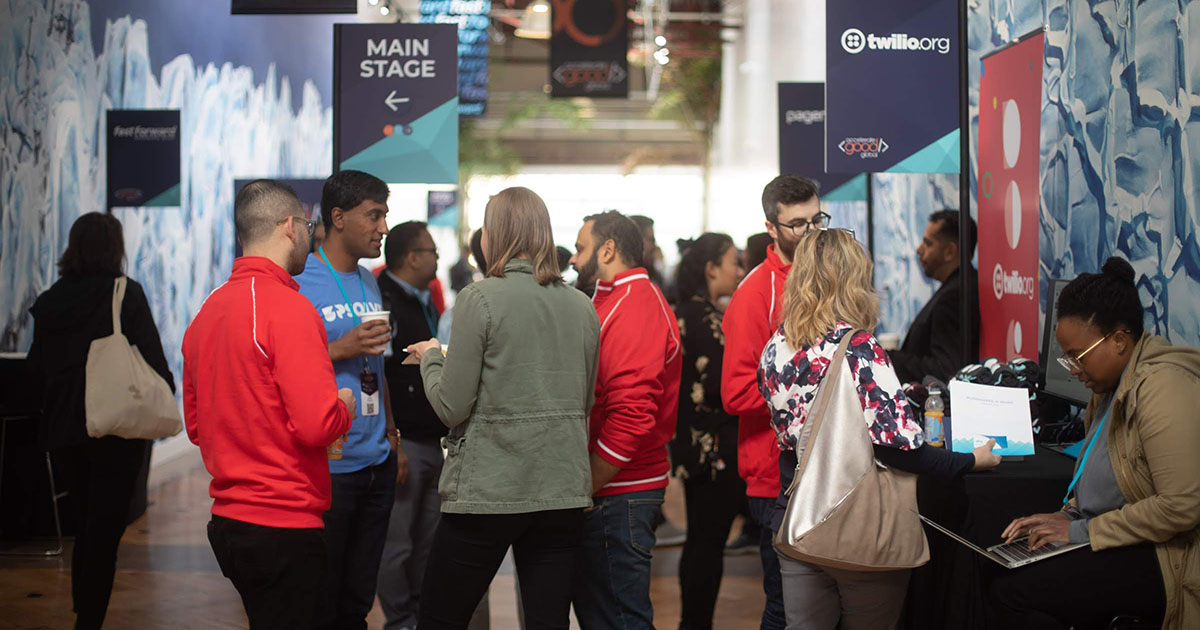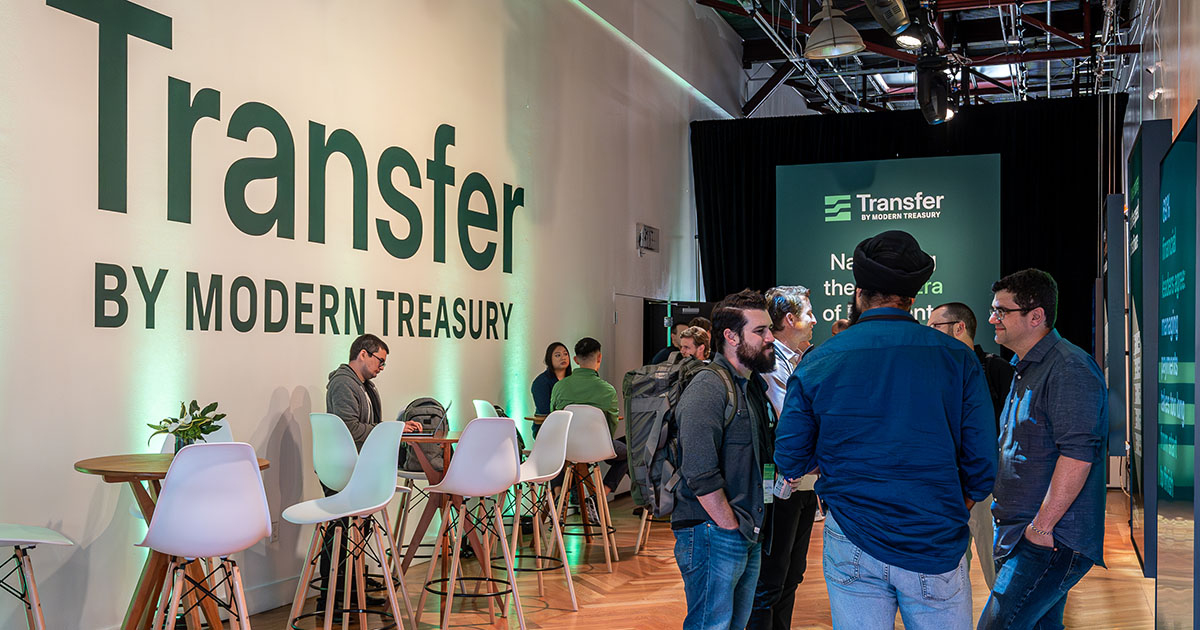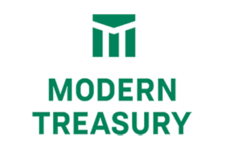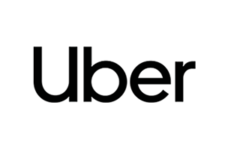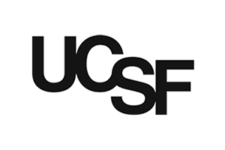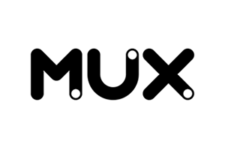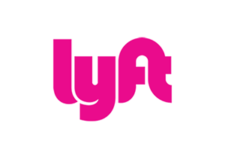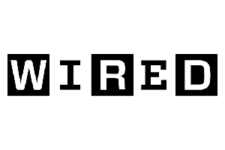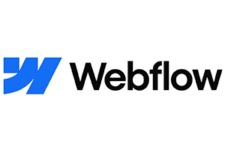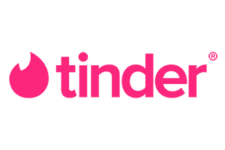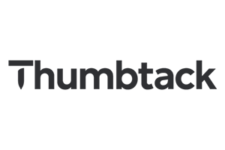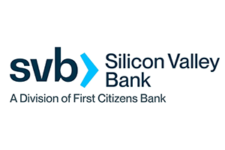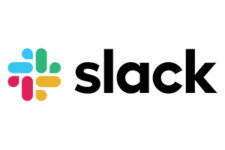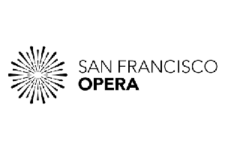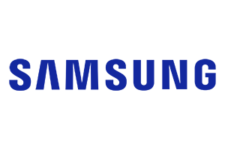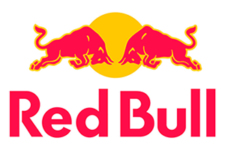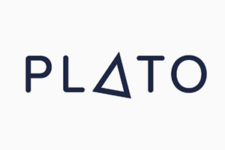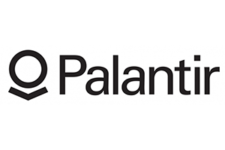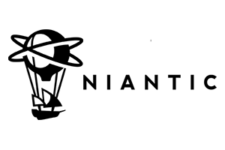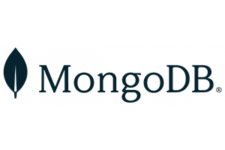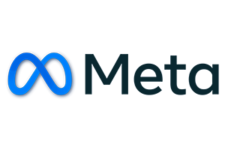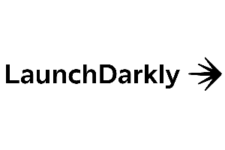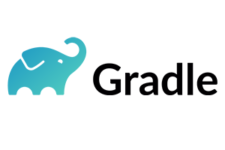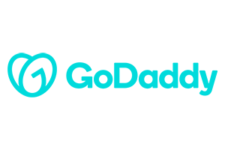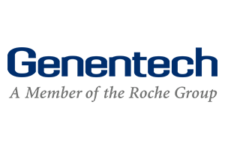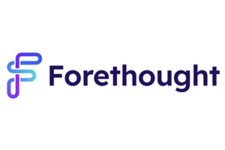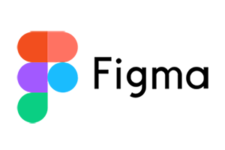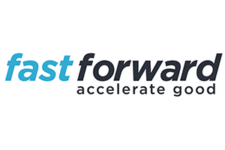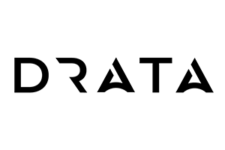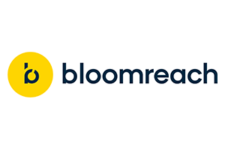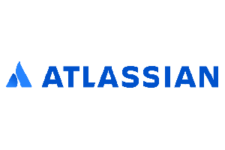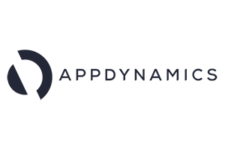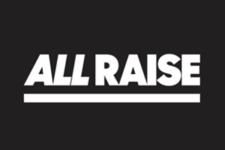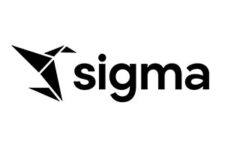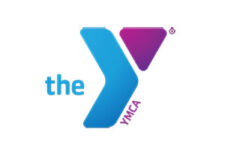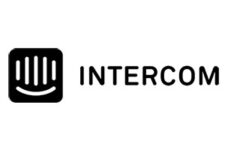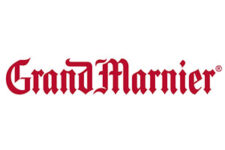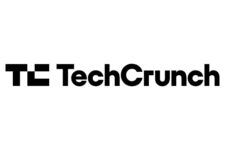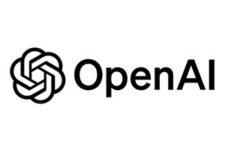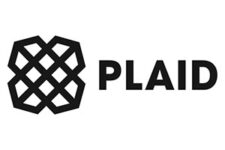Revolutionizing Event Marketing with AI: Targeted, Effective, and Insightful Strategies
San Francisco, CA | Updated: 10/11/2024
Artificial Intelligence (AI) is reshaping the landscape of event marketing, offering innovative tools and techniques that enable event planners to create targeted, effective marketing campaigns. AI-driven marketing strategies enhance attendee engagement, optimize promotional efforts, and provide valuable insights through data analytics. In this article, we will explore how AI is transforming event marketing and highlight some of the most effective AI-driven marketing tools available today.
The Role of AI in Event Marketing
1. Targeted Marketing Campaigns
- Functionality: AI analyzes attendee data to create highly targeted marketing campaigns. By understanding attendee preferences, behaviors, and demographics, AI helps craft personalized messages that resonate with specific audience segments. AI now also integrates generative AI to automatically generate personalized content for email, social media, and more.
- Examples: Platforms like HubSpot and Marketo use AI to segment audiences and tailor marketing content, while generative AI tools like Jasper are automating content creation.
- Benefits: Increased engagement, higher conversion rates, faster content creation, and improved ROI on marketing efforts.
2. Predictive Analytics
- Functionality: AI uses predictive analytics to forecast attendee behavior and event outcomes. These tools analyze historical and real-time data to predict optimal campaign strategies, including timing, content format, and engagement likelihood. AI models are becoming increasingly accurate at predicting which channels and content will deliver the best results.
- Examples: Tools like IBM Watson Analytics and Salesforce Einstein provide predictive insights for event marketing, helping marketers optimize future campaigns.
- Benefits: Better decision-making, proactive marketing adjustments, and enhanced campaign effectiveness, leading to a more optimized use of resources.
3. Personalized Content Recommendations
- Functionality: AI-driven recommendation engines suggest personalized content, sessions, and networking opportunities to attendees based on their preferences and behavior. These systems continuously learn and adapt based on attendee engagement throughout the event, ensuring the most relevant suggestions are provided in real-time.
- Examples: Platforms like Bizzabo and Grip offer personalized recommendations to enhance attendee experiences by guiding them to relevant content and connections.
- Benefits: Improved attendee satisfaction, higher engagement, and more meaningful interactions, creating a tailored experience for every participant.
4. Chatbots and Virtual Assistants
- Functionality: AI-powered chatbots and virtual assistants have advanced with conversational AI, handling attendee inquiries, providing real-time event information, assisting with registration, and even automating follow-up actions. These chatbots can engage in more natural, human-like conversations and integrate with event apps for seamless support across multiple channels.
- Examples: Chatbots from Drift and Intercom provide AI-driven chatbots that enhance attendee engagement with real-time, human-like responses across websites and event apps.
- Benefits: 24/7 availability, instant responses to queries, reduced workload for event staff, and higher attendee satisfaction through more natural interactions.
5. AI for Retargeting and Attendee Journey Mapping
- Functionality: AI now plays a significant role in attendee retargeting, allowing event planners to re-engage with potential attendees who showed interest but didn’t register. AI also helps map the attendee journey, identifying optimal points for follow-ups and offering personalized campaigns to convert undecided prospects.
- Examples: Tools like AdRoll and Google AI use AI-driven retargeting strategies to deliver personalized ads and re-engage potential attendees.
- Benefits: Increased registration rates, improved attendee conversion, and more efficient marketing strategies.
6. AI-Powered Sentiment Analysis in Real Time
- Functionality: Real-time sentiment analysis powered by AI tracks how attendees feel about the event by analyzing social media interactions, survey feedback, and even facial expressions during virtual events. This gives event planners immediate insights, allowing for rapid adjustments to content, communication, and event logistics.
- Examples: Platforms like Brandwatch and Talkwalker integrate real-time sentiment analysis with event platforms, providing actionable insights based on attendee emotions and reactions.
- Benefits: Improved decision-making, better event experiences through real-time adjustments, and a more responsive approach to attendee needs.
7. AI for Multi-Channel Event Marketing
- Functionality: AI ensures seamless communication across multiple marketing channels, optimizing messaging for each platform based on attendee behavior. Whether through email, social media, or web channels, AI tracks engagement metrics across touchpoints and adjusts content delivery to ensure consistency and relevance.
- Examples: Platforms like ActiveCampaign and Klaviyo use AI to orchestrate marketing campaigns across email, social, and website channels, providing a unified message that resonates with attendees.
- Benefits: Increased engagement through personalized, multi-channel communication, ensuring attendees receive the right message at the right time.
Case Studies and Real-World Examples
1. Tech Conference Using HubSpot
- Scenario: A tech conference used HubSpot’s AI-driven marketing tools to segment their audience and create personalized email campaigns. The AI analyzed attendee data to tailor content to different audience segments.
- Results: The conference saw a 25% increase in email open rates and a 20% boost in registration compared to previous years.
2. Corporate Summit with Salesforce Einstein
- Scenario: A corporate summit leveraged Salesforce Einstein’s predictive analytics to forecast attendee engagement and optimize marketing strategies. The AI identified key trends and helped planners adjust their campaigns accordingly.
- Results: The summit achieved higher attendee engagement and a 15% increase in ticket sales due to more effective marketing strategies.
3. Networking Event with Bizzabo
- Scenario: A networking event used Bizzabo’s AI-powered recommendation engine to provide personalized session and networking recommendations to attendees. The AI analyzed attendee profiles and behaviors to suggest relevant content.
- Results: Attendees reported a 30% increase in valuable connections made, and session attendance rates improved significantly.
4. Webinar Campaign with ActiveCampaign
- Scenario: A company used ActiveCampaign’s AI-powered multi-channel marketing automation for a webinar series. The AI optimized email timing, segmented the audience, and managed follow-ups.
- Results: The campaign resulted in a 40% increase in registrations and a 35% improvement in attendee engagement.
5. Retail Expo with Salesforce Einstein
- Scenario: A retail expo used Salesforce Einstein’s predictive marketing tools to adjust messaging and targeting based on attendee engagement predictions. This real-time optimization increased turnout and improved attendee satisfaction.
- Results: The event saw a 50% higher turnout than previous years, attributed to precise targeting and real-time engagement tracking.
Benefits of AI in Event Marketing
1. Enhanced Targeting and Personalization
- Impact: AI enables highly targeted and personalized marketing campaigns, resulting in higher engagement and conversion rates.
- Example: Personalized email campaigns based on attendee preferences lead to better open and click-through rates.
2. Improved Efficiency and Cost Savings
- Impact: AI automates various marketing tasks, reducing the need for manual labor and lowering costs.
- Example: AI-driven chatbots handle attendee inquiries, freeing up staff to focus on more strategic tasks.
3. Data-Driven Insights and Decision Making
- Impact: AI provides valuable insights through data analytics, helping event planners make informed decisions and optimize marketing strategies.
- Example: Predictive analytics tools forecast attendee behavior, enabling proactive marketing adjustments.
4. Increased Engagement and Satisfaction
- Impact: Personalized content and real-time support enhance attendee experiences, leading to higher engagement and satisfaction.
- Example: AI-powered recommendation engines suggest relevant sessions and networking opportunities, creating more meaningful interactions for attendees.
Learn More: AI in Event Planning Series
In the next article, we will explore how AI is being used to personalize attendee experiences at events. We will discuss the various AI-driven personalization techniques and tools available, and how they can enhance attendee engagement and satisfaction. Continue reading for insights into creating unforgettable event experiences with AI
RELATED CONTENT

